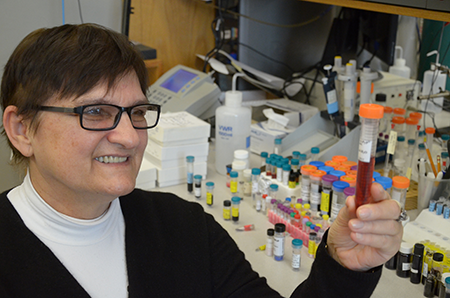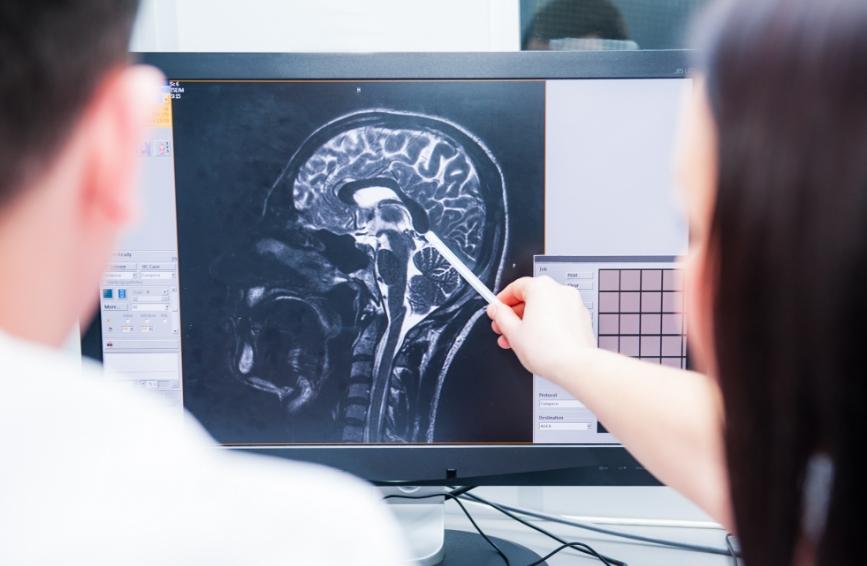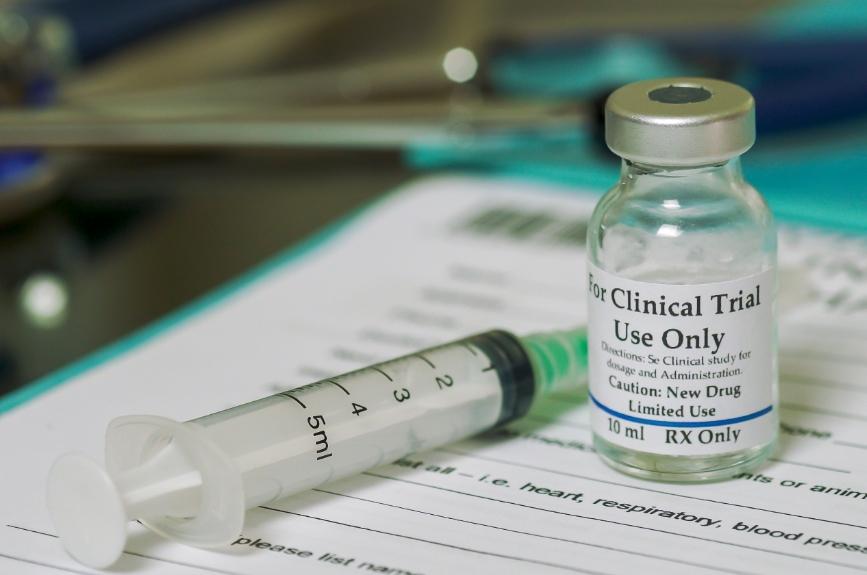Can a Child Recover From Brain Cancer?
Navigating the challenging landscape of a child's diagnosis with brain cancer prompts a universal question in the hearts of every parent: "Can my child recover from brain cancer?" When it comes to pediatric brain tumors, there is a wide range of possible scenarios and factors that can greatly influence your child’s chance at recovery.
Q&A: Breakthrough Drug BMX-001 and Its Impact on Brain Cancer
Q: What is BMX-001, and how does it work?
A: BMX-001 is a new drug that helps people with brain cancer. It was created by Ines Batinic-Haberle at Duke University. It is inspired by a natural enzyme called superoxide dismutase, which protects us from damage. The drug is special because it is stable, dissolves well in water, and has a positive charge that helps it target the brain.
How Long Can Brain Cancer Go Undetected?
In a world dominated by the hustle and bustle of daily life, health often takes a back seat. We meticulously care for our bodies, but what about the intricate organ that orchestrates it all—the brain? The silent progression of brain cancer raises a crucial question: How long can this go undetected? Keep reading to find out.
How to Care for Someone with Brain Cancer
Caring for a loved one diagnosed with brain cancer is an emotionally challenging journey that requires compassion, knowledge, and unwavering support. We’re going to cover some effective strategies and compassionate approaches to provide the best care possible for someone battling this formidable disease.
Palliative Care vs. Hospice: Are They the Same?
If you or a loved one are dealing with a brain cancer diagnosis, you may have come across the terms palliative care and hospice care. While they share common goals, they are distinct in their approaches and scopes. We’re going to demystify the differences between these two critical components of patient care so you are well-informed about all your potential care options.
Radiation Therapy vs Chemotherapy
Radiation therapy and chemotherapy stand as powerful weapons in the fight against cancer, each wielding its own unique set of strengths and considerations. Let’s dive into the intricacies of these two treatments, exploring their mechanisms, differences, and when one might be favored over the other.
Can Head Injuries Cause Brain Tumors?
The human brain is a delicate and extremely important organ that is surrounded by a protective layer of bone called the skull. However, accidents and injuries can still occur, raising the question of whether such incidents may lead to the formation of brain tumors. Let’s take a closer look at the relationship between head injuries and the possible development of brain tumors to see if they are related or not.
What Is Palliative Care?
Palliative care, often misunderstood as exclusively end-of-life care, stands as a crucial aspect of healthcare that focuses on improving the quality of life for individuals dealing with serious illnesses like brain cancer. Contrary to popular belief, palliative care isn't limited to those in the final stages of their lives but is applicable at any point during a serious illness.
Follow-up Care & Rehabilitation: What Happens After Brain Cancer Treatment?
A brain cancer diagnosis affects more than just your physical health. It can take a toll on your mental and emotional well-being, too. From the moment of diagnosis to the completion of treatment, the patient is often focused on one goal: beating cancer. But what happens after brain cancer treatment?
What are Clinical Trials?
I'm sure many of us have come across the term "clinical trials" at some point while discussing potential medical treatments. In this article, we're here to provide a clear and concise explanation of what clinical trials are.









